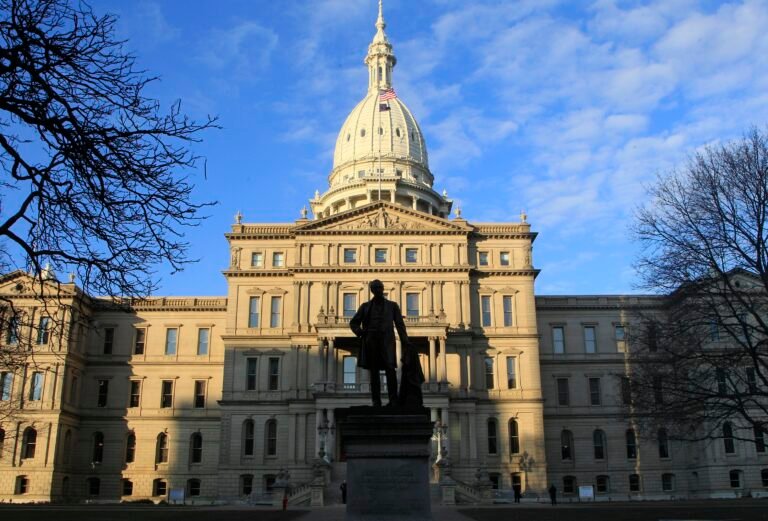
The Supreme Court has narrowed the scope of environmental review under one of the nation’s bedrock environmental laws.
In an 8-0 ruling Thursday, the high court determined reviews conducted under the National Environmental Policy Act (NEPA) do not need to consider certain upstream or downstream impacts of an infrastructure project.
The NEPA requires the government to consider the proposed impacts of various infrastructure projects, ranging from highways to pipelines.
At issue in the case was a federal government’s assessment of a proposed railway line to ship oil in Utah.
A lower court ruled the government’s review was inadequate because it did not fully consider the impacts of increased oil production and refining that could occur as a result of the railway project. The majority opinion, written by Justice Brett Kavanaugh, disagreed.
“When the effects of an agency action arise from a separate project—for example, a possible future project or one that is geographically distinct from the project at hand—NEPA does not require the agency to evaluate the effects of that separate project,” he wrote.
However, he wrote that environmental review “may” encompass the indirect impacts of a specific project.
“The environmental effects of the project at issue may fall within NEPA even if those effects might extend outside the geographical territory of the project or might materialize later in time—for example, run-off into a river that flows many miles from the project and affects fish populations elsewhere, or emissions that travel downwind and predictably pollute other areas,” he wrote.
“But if the project at issue might lead to the construction or increased use of a separate project—for example, a housing development that might someday be built near a highway—the agency need not consider the environmental effects of that separate project,” wrote.
The opinion also reins in the power of federal courts to block projects along similar grounds.
“NEPA does not allow courts, ‘under the guise of judicial review’ of agency compliance with NEPA, to delay or block agency projects based on the environmental effects of other projects separate from the project at hand,” it said.
Kavanaugh was joined by Chief Justice John Roberts and Justices Clarence Thomas, Samuel Alito and Amy Coney Barrett.
Justice Sonia Sotomayor wrote a separate, concurring opinion joined by Justices Elena Kagan and Ketanji Brown Jackson. Justice Neil Gorsuch recused himself from the case.
The court’s liberal justices ultimately reached the same conclusion as their conservative counterparts — that the board did not need to consider the environmental impacts of drilling upstream or refining downstream.
“The [Surface Transportation] Board had no authority to reject petitioners’ application on account of the harms third parties would cause with products transported on the proposed railway,” Sotomayor wrote.
“The majority takes a different path, unnecessarily grounding its analysis largely in matters of policy,” she added.
Updated at 11:06 a.m. EDT





